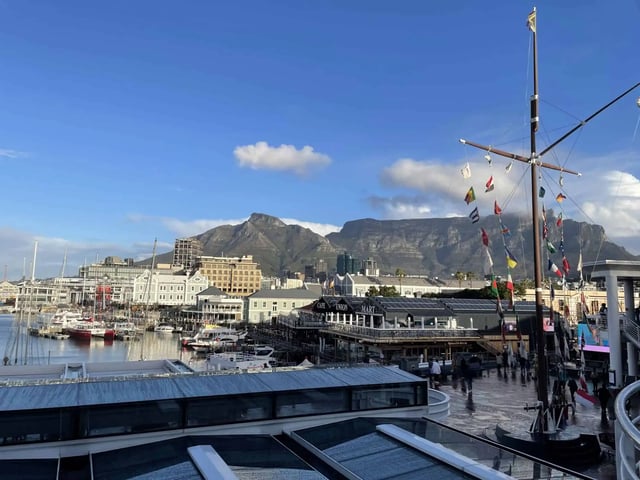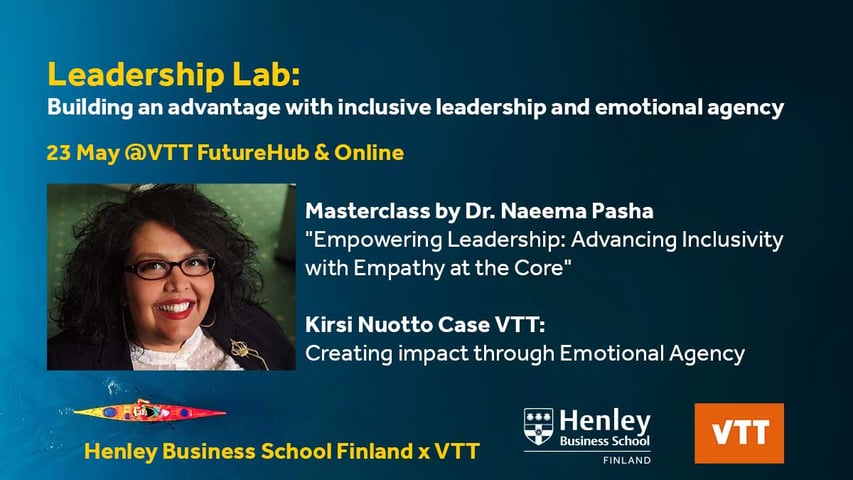
"EMBA immersion trips are a life-changing experience."
Finding common ground leads to successful teamwork – GISV South Africa

"EMBA immersion trips are a life-changing experience."
Finding common ground leads to successful teamwork – GISV South Africa
Henrik Paasikivi Blog

Professional Certificate in Executive Coaching
The Executive Coaching programme is the only university-level and triple accredited coaching programme in Finland.
Open programme Global
Categories

23. May 16:00 – 18:30 Events

25. April 18:00 – 20:00 Events

8. May 08:30 – 09:30 Events

21. May 08:30 – 09:30 Events